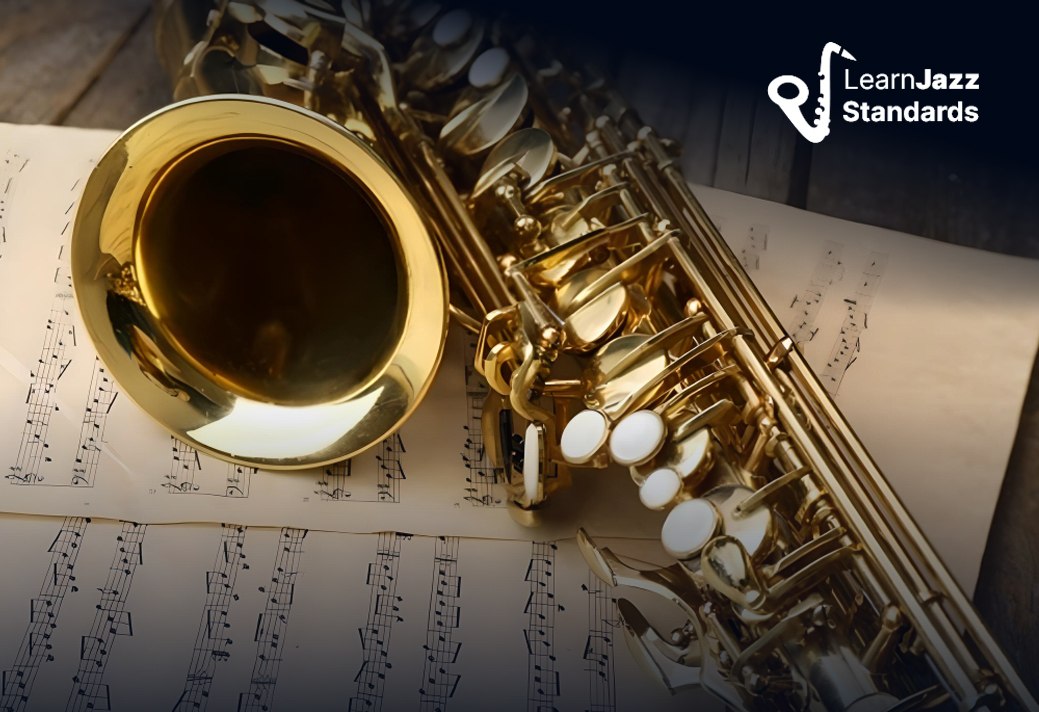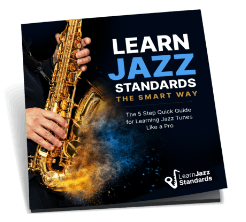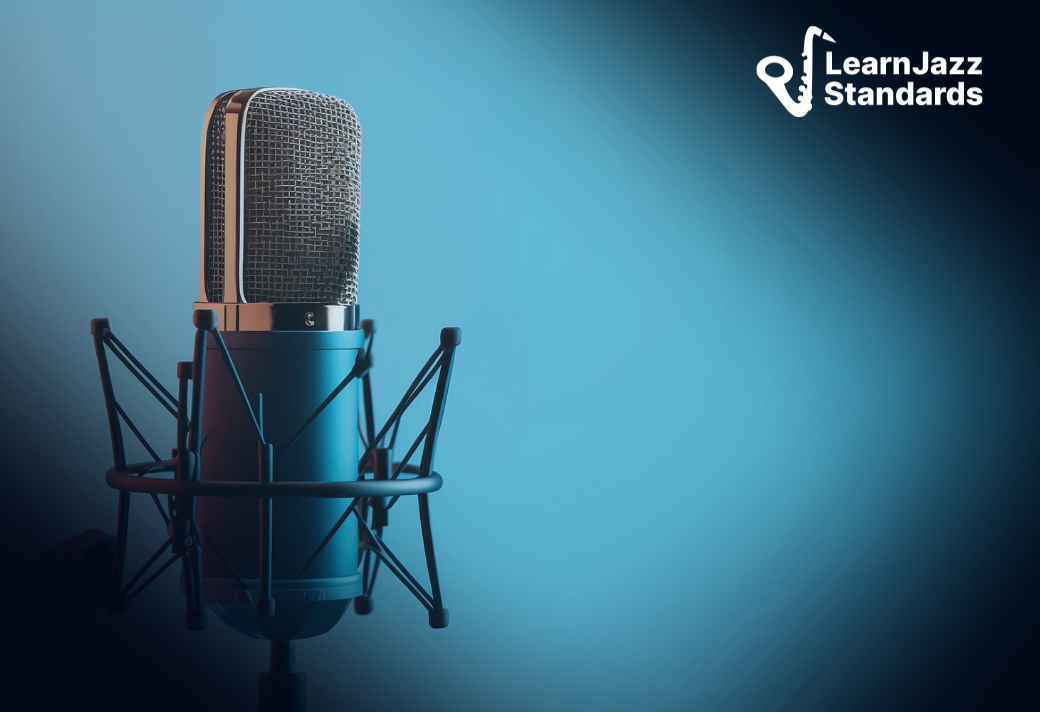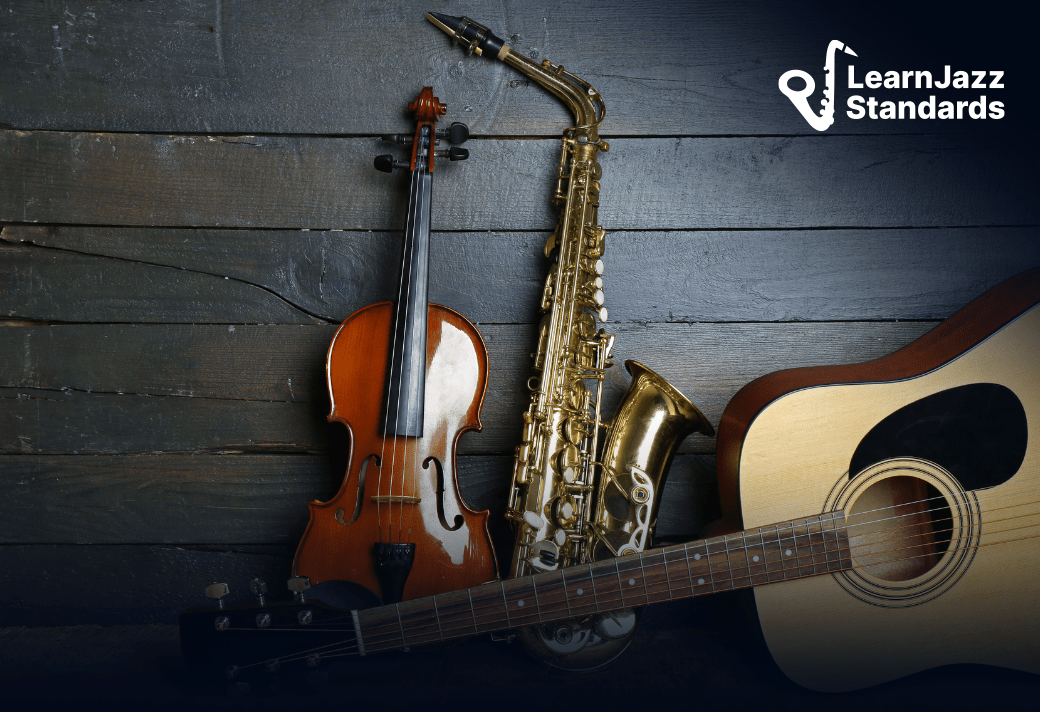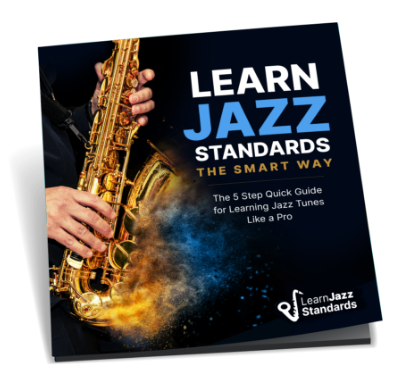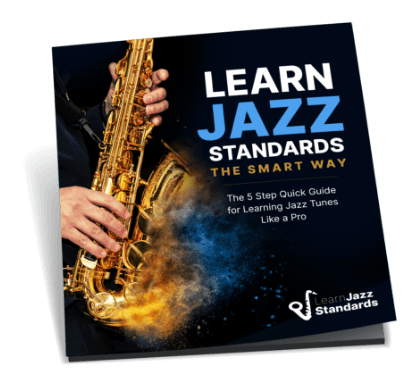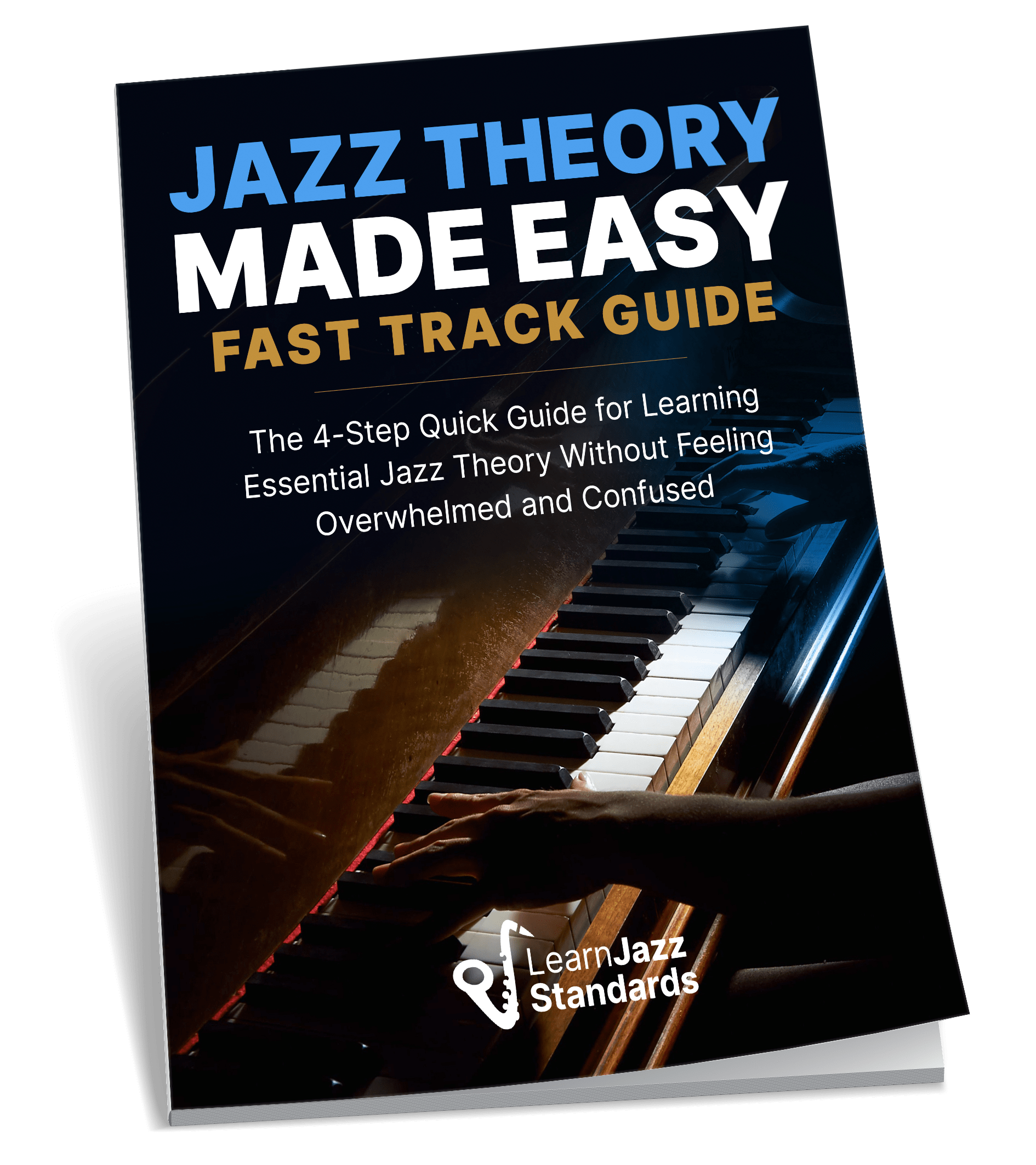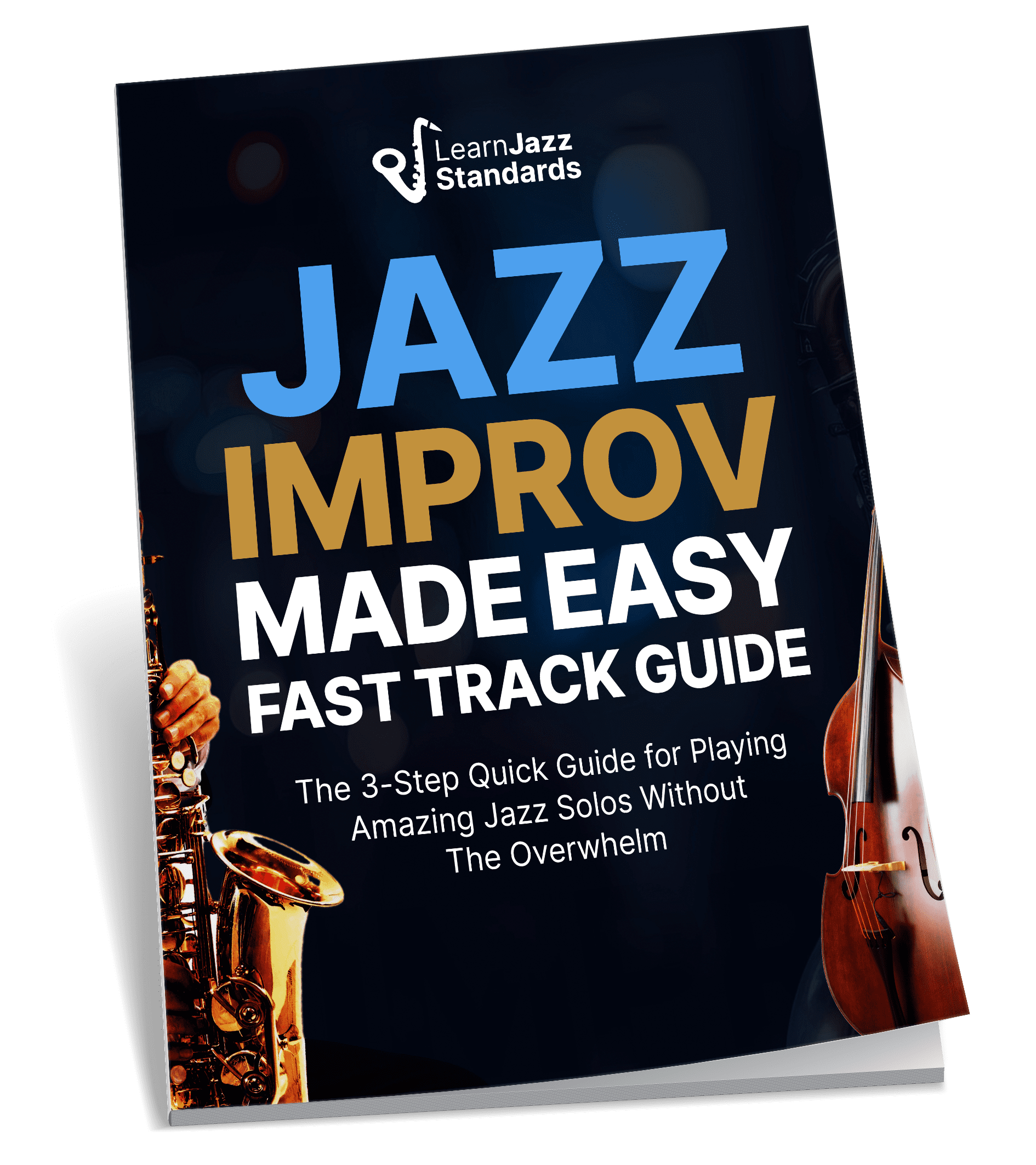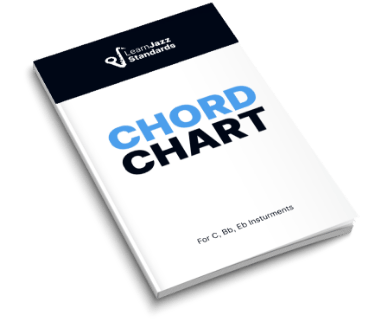Ok, so you’ve probably been hearing that you need to transcribe jazz solos for a long time, but what is the transcription process? And what is the benefit to transcribing? Why would one take all that time to learn a solo? Or learn a melody by ear? We’ll discuss all of these questions, but first let’s talk about what transcription is on a basic level.
Transcribing, in a nutshell, is either:
A) Learning to play a jazz solo (or lick, or tune) by ear
OR
B) Writing down a jazz solo (or lick, or tune) that you learn by ear from a recording.
You can also combine these two basic approaches, and hit multiple levels of learning by both learning to play the solo first AND THEN writing it down. There are benefits to both approaches, and combining them will reinforce your learning.
Here are some of the benefits of transcribing in general:
- Transcribing helps build your ear
- Transcribing helps build your vocabulary of jazz licks
- Transcribing helps your technique-especially if you learn to play along with the recording!
- Transcribing helps you analyze how others approach the changes to a tune.
- Using transcription you teach yourself how to improvise better by learning from the masters.
Here are some of the benefits of learning to play a solo by ear (without writing it down):
- You will REALLY learn the solo, and will remember it longer than if you just write it down.
- There’s an intangible thing that happens-the solo becomes a part of you. You internalize it, and the solo becomes part of how you conceptualize a particular tune.
- The way you approach soloing over the tune you transcribed is influenced on an unconscious level by the solo you learned over that song.
Here are some of the benefits to writing down a solo:
- It is easier to analyze the solo when it is in written form.
- It is easier to reference in a teaching situation.
- You can save it for later in case you forget the solo.
- You can pass it out to others so they can play it or analyze the solo.
- You may be able to learn the solo faster, (though you may not internalize it).
Let me stress that an intangible thing happens when you learn a solo without writing it down. It becomes a part of you as you learn to play it. Still, transcribing by notation is great for analyzing a solo and learning cognitively.
For this reason, I think the maximum benefit you can get out of a solo would be to use the 80-80-80 method (as described above), and after you’ve THOROUGHLY learned the transcription and internalized it, then you can write it down and save it for posterity (for your teaching studio, for your own benefit if you want to relearn it again at another time, etc.)
I think a balanced approach is good: transcribing with a purpose in mind. Transcribing adds ideas into your playing, improves your ear, and increases your technique. I prefer to learn a solo by ear without writing it down because I think it helps you internalize the solo better. I’m a piano player, so I’ll add in my own comp over the changes. It’s good to be aware of a variety of approaches to transcription, try out a few of them, and use whatever method works for you.


